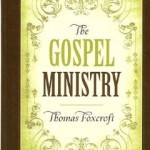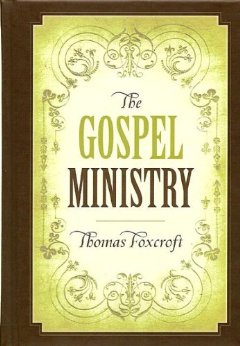My poem of the week this week comes from William Cowper, one who was well acquainted with feelings of dismay. Yet, in this hymn he draws comfort from the Scriptural testimony of God’s care and aid to his people. May these words encourage you as they do me.
THE SAINTS SHOULD NEVER BE DISMAYED
The saints should never be dismayed,
Nor sink in hopeless fear;
For when they least expect His aid,
The Savior will appear.
This Abr’am found: he raised the knife;
God saw, and said, “Forbear!
Yon ram shall yield his meaner life;
Behold the victim there.”
Once David seemed Saul’s certain prey;
But hark! the foe’s at hand;
Saul turns his arms another way,
To save th’invaded land.
When Jonah sunk beneath the wave,
He thought to rise no more;
But God prepared a fish to save,
And bear him to the shore.
Blest proofs of power and grace divine,
That meet us in His Word!
May every deep felt care of mine
Be trusted with the Lord.
Wait for His seasonable aid,
And though it tarry, wait:
The promise may be long delayed,
But cannot come too late.
Words: William Cowper, Olney Hymns (London: W. Oliver, 1779).


